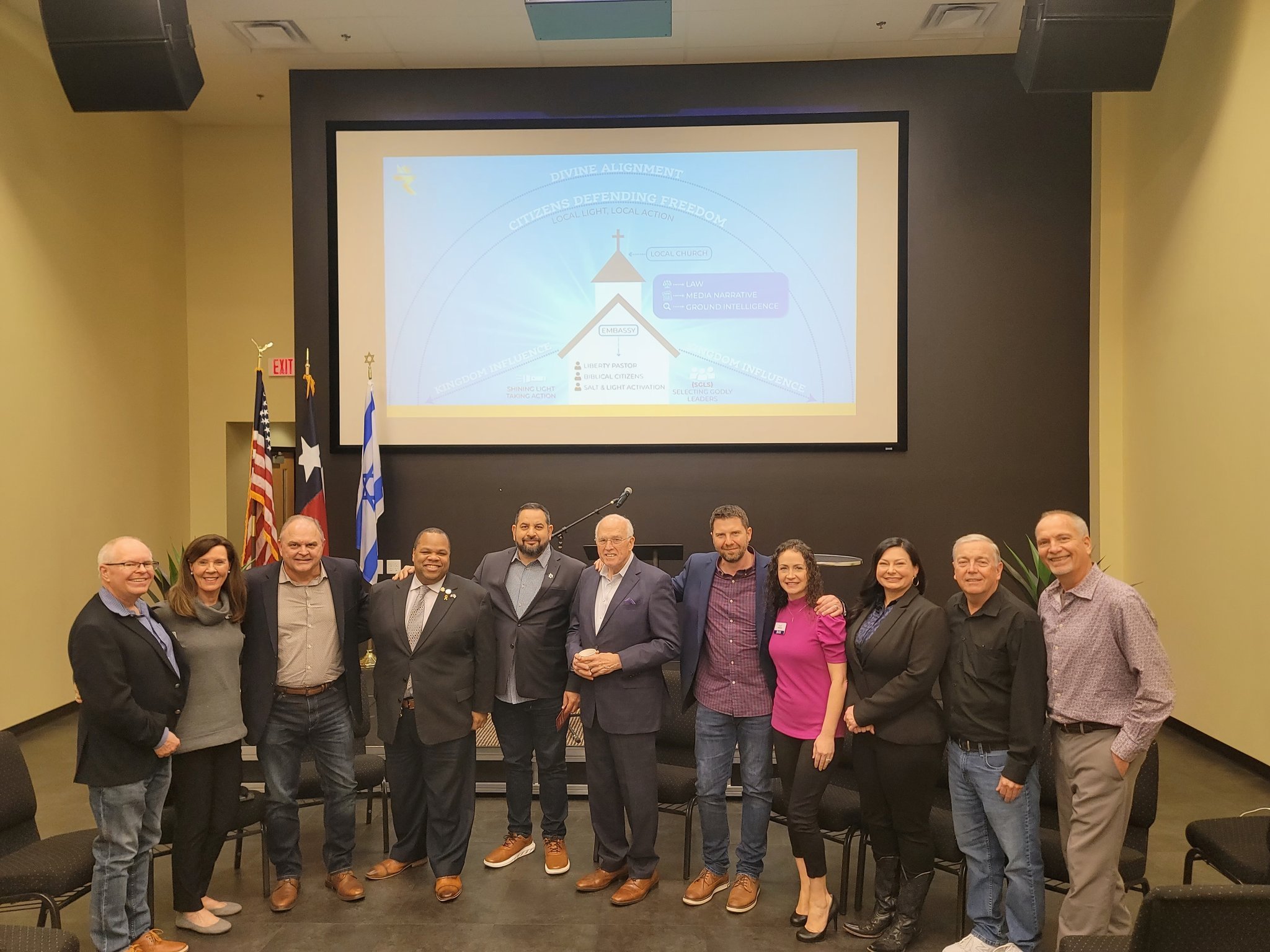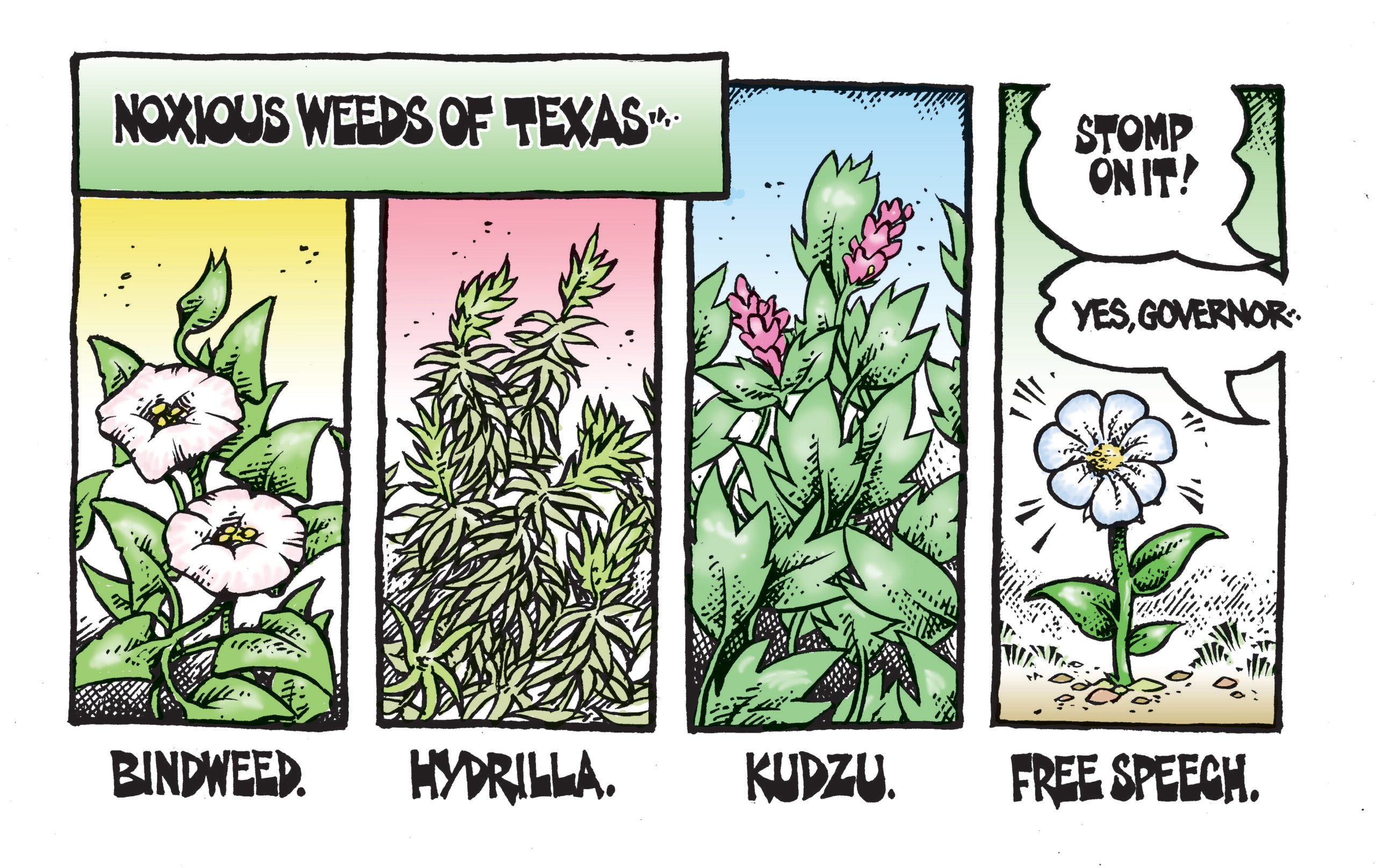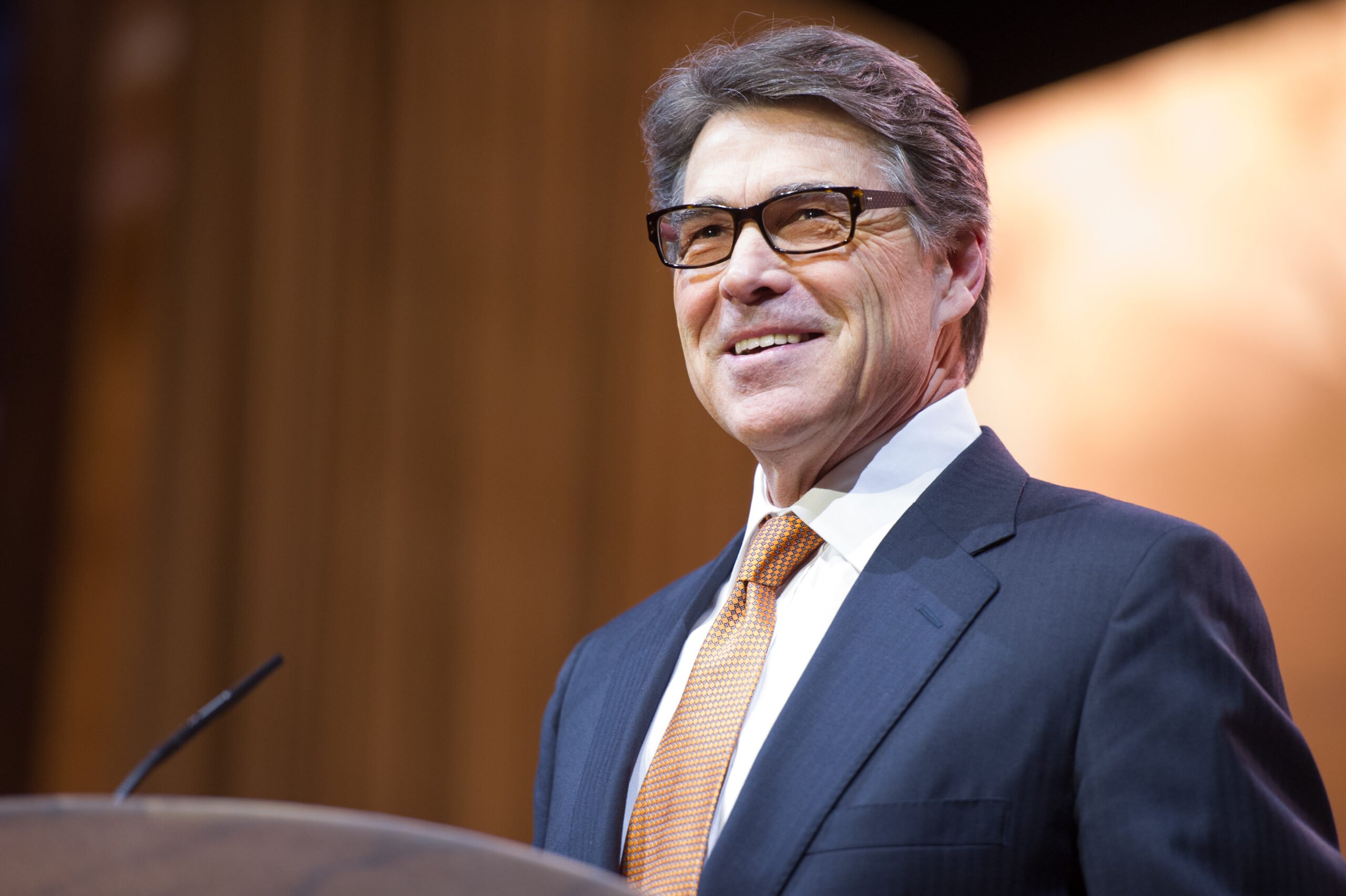ustxtxb_obs_1994_03_11_50_00024-00000_000.pdf
Page 20
Postmaster: If undeliverable, send Form 3579 to The Texas Observer, 307 W. 7th St., Austin, Texas 78701 POLITICAL INTELLIGENCE V VENDETTA. Texas’ two Republican senators took the unusual step of publicly opposing President Bill Clinton’s nominee for U.S. Attorney for the Western District of Texas. Phil Gramm and Kay Bailey Hutchison claim Travis County Attorney Ken Oden was “too political” for the job. They didn’t object the last couple years when the feds were prosecuting Democrats, but exhibit A in the senators’ case against Oden was his 1990 investigation of a credit life insurance scam run by the bank owned by Clayton Williams Jr. of Midland while the Republican was running for governor. Trouble is, the bank and others involved pleaded no contest in 1991, were fined almost $100,000 and were ordered to return $1.3 million to customers. As Dave McNeely of the Austin American-Statesman wrote, “it seems beyond the pot calling the kettle black for Gramm and Hutchison to blast Oden as unduly political.” V NEW DAY. The Texas Sunset Advisory Commission recently named John Moore, a former aide to Lieut. Gov . Bob Bullock, as its new executive director. Among the challenges the commission will face are attempts to change its focus after nearly 18 years of operation under director Bill Wells, who has retired but has signed on as an adviser to Common Cause, the public interest group. The sunset commission periodically reviews state agencies and recommends changes in them. If the Legislature does not reauthorize the agencies that are under review, then they are “sunsetted,” and go out of business. The sunset process came under fire during the 1993 legislative session when Gov. Ann Richards joined legislators who were pushing to abolish or radically alter the commission. V RESISTING A BEATING. Lorenzo Colston, a Dallas African American, was sentenced in Athens on Feb. 21 to two years’ probation for resisting a beating by a Department of Public Safety trooper and a Henderson County sheriff’s deputy shortly before he was shot by the trooper. The Dallas man was a passenger in a car that was stopped Sept. 29 for having a burned-out headlight. After Colston gave the trooper a false name, he was ordered to turn around, kneel, cross his legs behind him and lie down on the ground. In an exchange that was captured on videotape by a camera in the trooper’s car, when Colston balked at lying on the ground, the trooper and the deputy began striking him with police batons. After Colston struck back, knocked the deputy to the ground and was attempting to run away, the trooper shot him twice. V HEALTH CARE. Texas would gain $3.3 billion from President Clinton’s health care reform from 1996 to 2000, the U.S. Department of Health and Human Services reported. Much of the savings would come from placing Medicaid recipients into private health care plans, where costs rise more slowly. In 1992, Texas spent 21 percent of its state budget on Medicaid, which served 9 percent of the population. The study estimated that Texas employers who now provide insurance would pay $1.9 million less for health insurance premiums in 2000 under the comprehensive reforms Clinton is proposing. Employees in firms that now offer insurance would pay $2.9 billion less in 2000, with the average employee saving $451. Meanwhile, House committees have started marking up health reform plans. Rep. Pete Stark, D-Calif., told the Associated Press the House Ways and Means health subcommittee’s seven Democrats are in “absolute agreement” on several fundamentals the need for universal coverage, cost containment and finding a way to pay for covering the uninsured. The House Energy and Commerce Committee, which has a large number of conservative and uncommitted Democrats, has become the target of financial interests out to derail the president’s plan, the Washington Post noted. But the chairman, Rep. John D. Dingell \(DClinton’s plan. His father wrote Congress’ first national health insurance bill in 1943 and saw his lifelong goal scuttled by the fierce opposition of organized medicine. V GRAMM LOVES IT. Texas’ senior Republican Sen. Phil Gramm was praised by the Conservative Political Action Conference for his work in keeping the Cold War alive. “We have got to stop compromising with socialized medicine,” Gramm said last month, according to the Washington Post and the CONPACers loved it. In fact, “love” was the leitmotif of a Senate floor speech he made on health care January 27. “We can fix what is broken without destroying the things about the system we love … the greatest system in the history of the world … without destroying private medicine in America as we know it and as we love it today.” All the talk about love must have been more than Massachusetts Senator John Kerry could stand. “I simply will say when he refers to the system we all love, he ain’t talking about all Americans because 43 million Americans do not have a system. They do not have insurance. And a lot of people who do, keep getting told they have a preexisting condition, this is not covered, or they lose [their insurance] when they lose their jobs.” V GETTING BETTER. The good news for Bill Clinton is that his approval rating among Texans jumped 14 percentage points to 41 percent during the past year. The bad news for Clinton in the February Texas Poll is that 57 percent still viewed him negatively. Crime also showed up as the most important problem facing the country today, as cited by 37 percent of respondents, ahead of the economy, the top issue for 14 percent, and health care and drugs, the top issues for 7 percent each. On another question, 48 percent supported legalized casino gambling, 46 were opposed and 6 percent were undecided. V THE GOVERNOR’S LARGESSE. Some in Laredo must have wondered if Ann Richards was unveiling the first Texas public works project distributed by the Salinas Administration’s Solidaridad public works/ patronage/anti-poverty program. Richards told reporters in Laredo that funding for the city’s fourth international bridge had been approved by President Clinton. “Except for some paper work, that bridge is going to be a reality,” Richards said. “It’s my gift to the people in Laredo for their many kindnessess to me and to the State of Texas.” V PUBLIC PROFITEERS. Looking up public documents could become a costly exercise if bureaucrats at the General Services Commission have their way. The numbers crunchers proposed to charge the public a fee of $15 an hour, plus an additional 20 percent overhead charge, for information that requires more than 15 minutes to locate. Consumer advocates protested and Attorney General Dan Morales asked for a hearing, which was set for 9 a.m. March 8. Morales said a 20page report that takes 30 minutes to find Continued on page 23 24 MARCH 11, 1994


